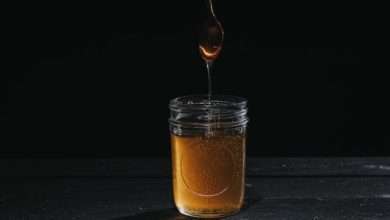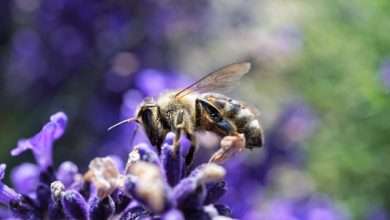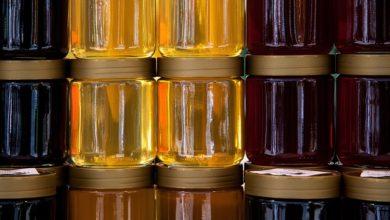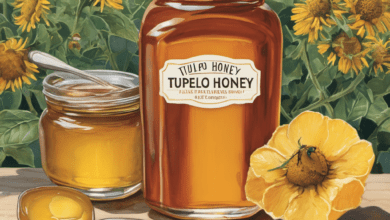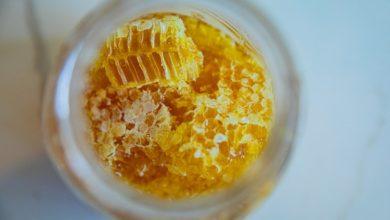Does Heated Honey Lose Its Nutrients?
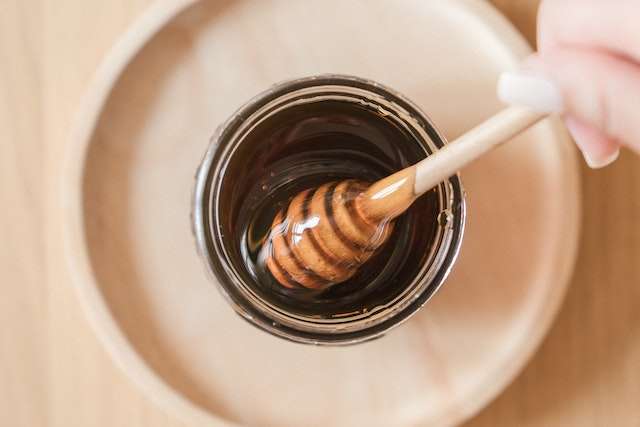
To What Extent Does Honey Lose its Nutritional Value when Heated?
Honey’s Health Benefits
Although it only includes little quantities of other nutrients, fresh raw honey is very high in antioxidants. The natural sugars in honey take longer to digest than refined sugar, which is the primary benefit of using honey instead of sugar.
In other words, your pancreas won’t have to pump out as much insulin to absorb and store the surplus sugar. Your brain sends a signal of hunger when insulin removes sugar from your blood. Honey, either on its own or mixed into your morning brew, may help smooth out those fluctuations.
To avoid scorching your honey, avoid excessive heat.
It’s astonishing how divisive heating honey can be. If you look into the issue online, you’ll discover a wide range of assertions, some of which are more credible than others.
While it is true that boiling honey to high temperatures may destroy some of its valuable enzymes and antioxidants, assertions that cooked honey is genuinely harmful remain unproven.
Although it’s clearly subjective and impossible to establish, some individuals think honey tastes different after being heated.
If you want to preserve the honey’s possible health advantages, it’s better not to cook it for an extended period of time or at a high temperature. However, heat is not dangerous, and you can safely disregard many more outlandish claims about honey and cooking.
Here is our whole guide to heat, honey, and peril.
The good bacteria and the bad heat
Honey has long been revered for its beneficial effects on health. It has been a traditional cure for coughs and colds for years, and modern scientific investigations have confirmed many of its purported health advantages. Manuka honey’s naturally occurring antioxidants are employed as a wound dressing in many hospitals due to their antibacterial and healing capabilities.
When honey is heated to temperatures over 45-50 degrees Celsius, the microorganisms, enzymes, and antioxidants that give it its beneficial properties are destroyed. Heating honey seems like a great waste of a wonderful natural product, whether done at home during the cooking process or by professional makers. Heating your house feels useless if you have spent a lot of money on high UMF or raw honey.
Food preservation, freezing, and cooking
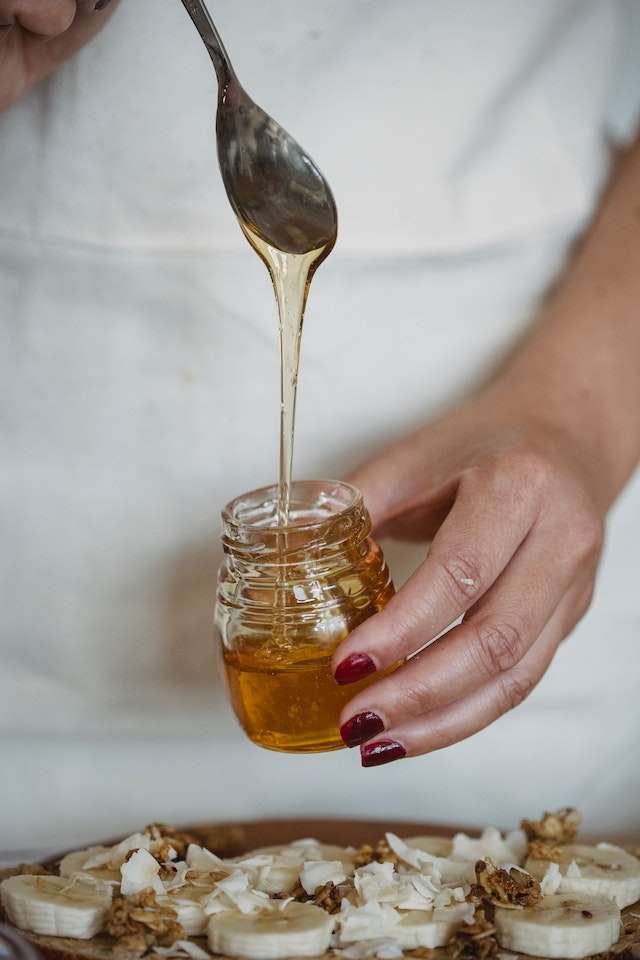
Is it better to eat honey that has been pasteurized or raw honey?
The term “raw honey” refers to honey that has not been pasteurized or filtered in any way and is thus unpasteurized and unfiltered. It’s believed to have more healthful components than normal honey or pasteurized honey.
Many industrial producers from different parts of the globe pasteurize their honey by heating it. To do this, the honey may be heated for lengthy periods at high temperatures or briefly heated at low temperatures in an effort to preserve the beneficial bacteria.
Honey is shelf-stable and acidic, which limits the formation of hazardous germs; thus, pasteurization isn’t done for food safety concerns. Most honey is pasteurized so that it has a smoother consistency for customers to enjoy.
Natural crystallization of raw, unpasteurized honey during storage is expected; however, heating reduces this effect. Honey that has crystallized is still perfectly edible; to re-liquefy it, place the jar it came in with a little warm water, such as that in a hot water closet.
Raw, unpasteurized honey, rather than the pasteurized kind sold in grocery stores, is the way to go if you want to enjoy honey’s health advantages.
Honey in the kitchen
Honey loses some of its taste if heated for too long. Many argue that heating raw honey destroys its complex taste and leaves it tasting just sweet. Although this is subjective, it is something to think about if you ever use honey in a meal.
It’s not uncommon to see honey in meat marinades and glazes. It’s also used as a natural sweetener in beverages and the preparation of home cures; after all, who doesn’t like a honey, lemon, and ginger beverage when they’re feeling under the weather?
However, the health advantages of honey are probably nullified when it is used in high-heat cooking. This is OK if you want to sweeten things up, but honey’s health benefits would be wasted here.
Your tea and coffee, thankfully, are still usable. Wait a few minutes, so the water in your cup isn’t boiling before adding the tablespoon of honey, and you’ll be OK.
FAQ
Once the honey is heated, what happens to it?
When honey was cooked, it became brown more quickly and had more antioxidant activity than when it was not heated. The Maillard reaction, which happens when sugars condense with free amino acids, explains the observed browning without needing enzymes.
Is there a reason honey shouldn’t be heated?
When heated, honey loses some nutritional content and changes color and texture. Honey may become poisonous and morph into a glue-like consistency if heated too long.
Does it negate some health benefits if honey is added to hot tea?
When you add pasteurized honey to your tea or coffee, none of the beneficial properties remain.
At what temperature does honey lose its flavor?
These health advantages are lost when honey is heated to temperatures over 45-50 degrees Celsius when the microorganisms are killed. That honey’s enzymes and antioxidants give it such a punch.
Is it dangerous to include honey in hot tea?
The short reply is “no.” However, contrary to popular opinion, adding honey to hot tea is relatively safe. Many believe that honey becomes so harmful when heated (in tea or when cooking) that it may kill you. Once again, the contrast between raw honey and refined honey is crucial.
Is pasteurization required for pure honey?
Honey is considered pure if it has not been adulterated with corn syrup, sugar, or other sweeteners. Pure honey, in contrast to raw honey, has often been cooked for pasteurization and filtered at least once, if not twice.
Can something bad happen if we have a nightcap of hot water with honey and lemon?
Drinking hot lemon water just before bedtime has been shown to improve sleep quality. Additionally, it may aid the body’s natural retaining water. Many body processes rely on vitamin C, which is found in lemons.
However, most health claims, including those about the advantages of drinking hot lemon water, need to be supported by reliable scientific research.
Should raw honey really be treated any differently than cooked honey?
According to the National Center for Biotechnology, honey has several unfavorable side effects when heated. When honey is heated, beneficial enzymes and nutrients are destroyed. In reality, honey that has been cooked poses serious health risks and even has the potential to be lethal.
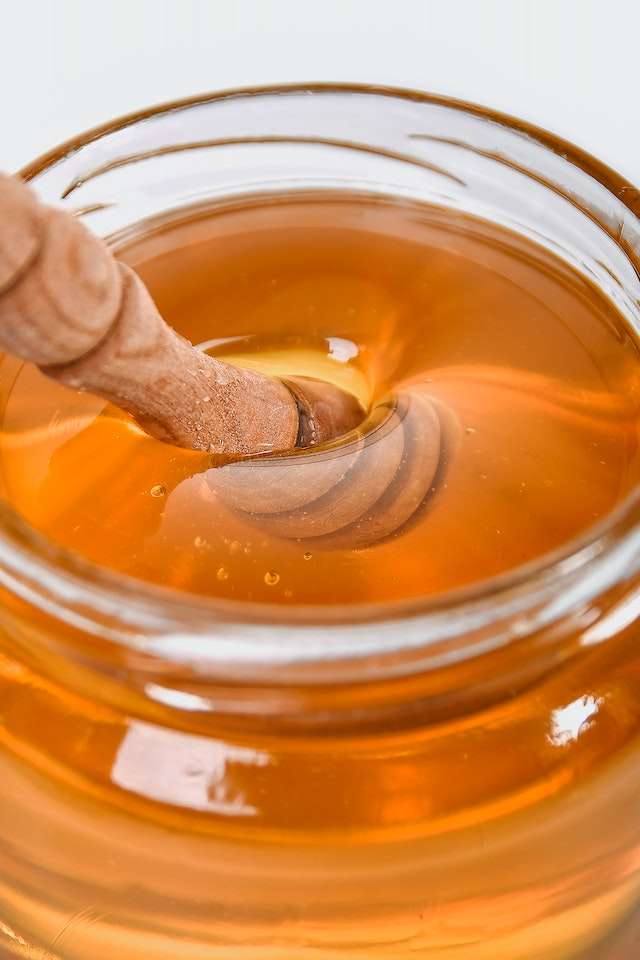
Honey with hot water: safe or not?
Don’t be concerned! To relax, try some lime and honey in some hot water. It quickly alleviates inflammation and swelling. Because of its antimicrobial properties, it will help keep illnesses at bay.
Is honey still nutritious after being microwaved?
Honey’s nutritious makeup may be altered via cooking or heating. The National Center for Biotechnology Information found that honey loses some beneficial enzymes and nutrients if heated.
Will heating raw honey make it poisonous?
Let’s get the most pressing worry out of the way first: honey will not become poisonous and kill you if you heat it. While heating raw honey might weaken or destroy enzymes, vitamins, minerals, etc. (more on this in a second), it will not poison you or cause you to get a terrible illness.
